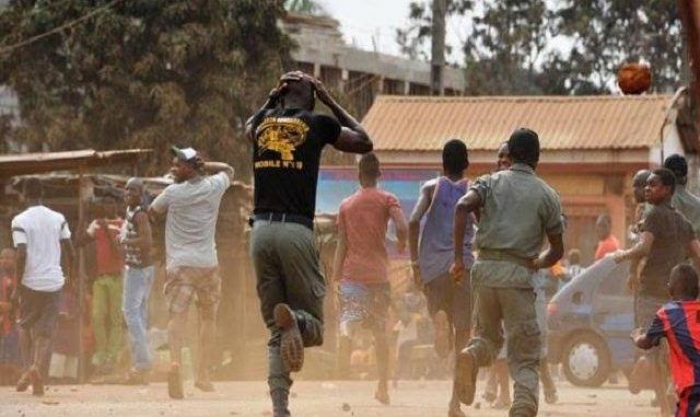At least 13 people have been killed in separate violent incidents in Sokoto and Plateau states, underscoring the growing threat of insurgency and communal violence in parts of northern Nigeria.
In Sokoto State, seven people lost their lives on Sunday when a motorcycle triggered an Improvised Explosive Device (IED) allegedly planted by suspected Lakurawa insurgents in Tangaza Local Government Area. The victims, all residents of Zurmuku village, were returning from a Sallah celebration in nearby Gwabro village when they stopped to rest under a tree commonly used by military personnel. The IED exploded when one of their motorcycles passed over it.
Six men died instantly, while one of two injured girls succumbed to her injuries the following day. Ghazzali Rakah, Special Assistant to the Chairman of Tangaza LGA, confirmed the incident, stating, “It is likely that the Lakurawa insurgents planted the device in anticipation of military presence.” A bomb disposal unit has since been deployed to the area to investigate the possible presence of additional explosive devices. This is not the first such attack in Tangaza, where a similar IED blast killed several soldiers in recent months.
Meanwhile, in Plateau State, six people were killed in a fresh wave of violence across Bassa and Mangu local government areas. According to local sources, the attacks occurred in Ancha community in Bassa and Gyenbwas Rinji in Langai district of Mangu. Twelve others sustained injuries and are receiving treatment in various hospitals.
In the Bassa incident, Fulani herders were reportedly ambushed around 3 a.m. while grazing cattle. Their bodies were later discovered in Ancha. Garba Abdullahi, Chairman of the Gan Allah Fulani Development Association (GAFDAN), confirmed the attack and said the matter had been reported to security agencies.
In Gyenbwas Rinji, two people—including a woman—were killed and several houses set ablaze. Eyewitnesses said gunmen stormed the community around 7 a.m., shooting sporadically. Aliyu Adamu, whose brother was among the victims, blamed the attack on suspected members of the Mwaghavul ethnic group.
However, Mangs Fwangkat Isa, acting Chairman of the Mwaghavul Youth Development Association in Mangu, gave a different account. He said the violence erupted after their members were ambushed the previous evening. “While trying to calm tensions, Fulani men suddenly began shooting. Our youth responded with sticks and cutlasses. Two people were killed, but we believe the soldiers, not Fulani, may have been responsible based on eyewitness accounts,” he stated.
Both incidents highlight the deteriorating security situation in the region, where insurgency, ethnic tensions, and reprisals continue to claim lives despite ongoing military and police interventions. Local authorities in both states have renewed calls for intensified security operations to protect civilians and restore peace.
Reports from Daily Trust


































































